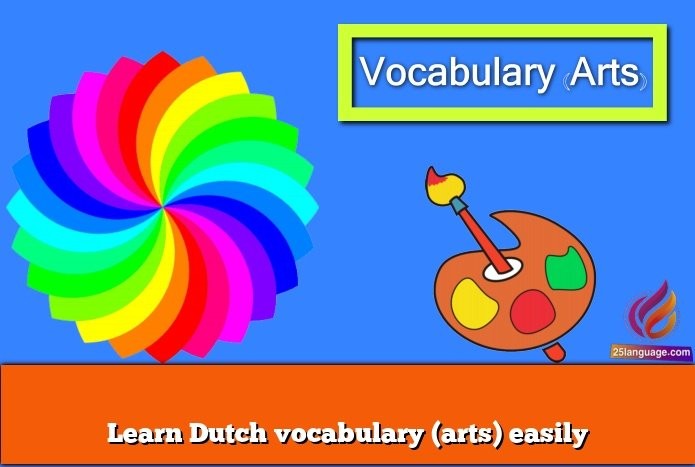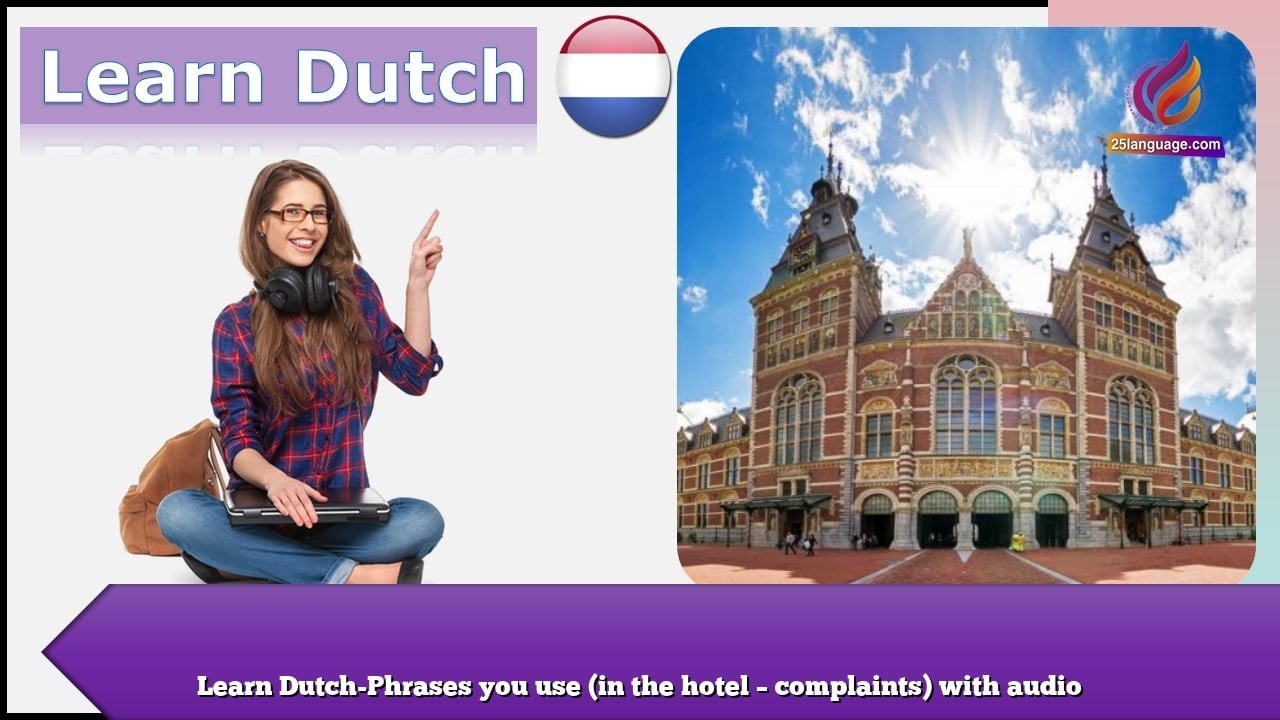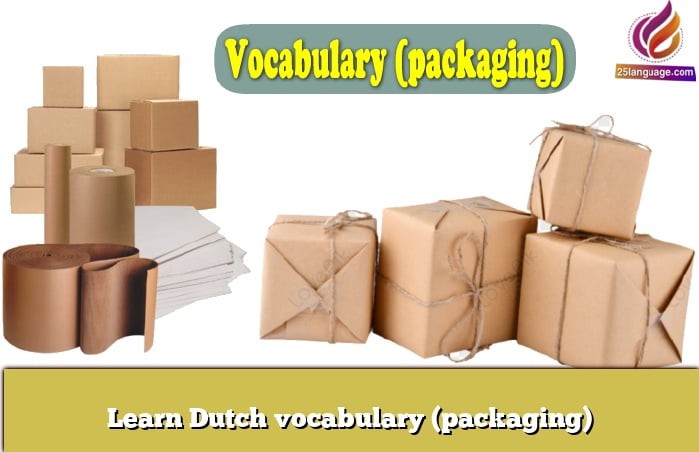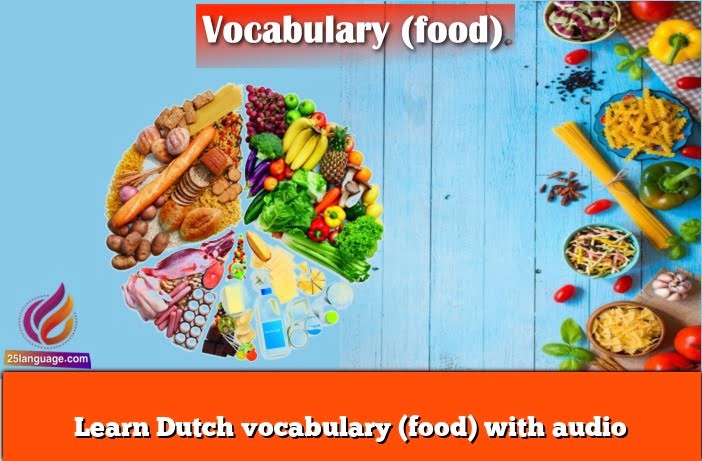Subordinate clauses: if in Dutch
Learn Dutch phrases (Subordinate clauses: if)

Learning subordinate clauses with “if” in Dutch is important for several reasons:
- Helps to express conditions: “If” is used to express conditions or hypothetical situations. By learning how to use this type of clause, you can more effectively communicate conditional situations in Dutch.
- Improves writing skills: Subordinate clauses help to structure sentences and paragraphs, making them more coherent and easier to read. Proper use of “if” clauses will help to enhance your writing skills in Dutch.
| Dutch | English |
|---|---|
| Als het regent | If it rains |
| [responsivevoice voice="Danish Female" rate="0.8" buttontext="►"]Als je honger hebt | If you’re hungry |
| Als ik genoeg tijd heb | If I have enough time |
| Als het warm is | If it’s hot |
| Als ik geld had | If I had money |
| Als de zon schijnt | If the sun is shining |
| Als het koud is | If it’s cold |
| Als we klaar zijn met eten | If we’re finished eating |
| Als ik niet hoef te werken | If I don’t have to work |
| Als je ziek bent | If you’re sick |
| Als het sneeuwt | If it snows |
| Als ik op tijd opsta | If I wake up on time |
| Als we op vakantie gaan | If we go on vacation |
| Als ik niet weet wat ik moet doen | If I don’t know what to do |
| Als het druk is in de stad | If it’s busy in the city |
| Als ik de loterij win | If I win the lottery |
| Als het te laat wordt | If it gets too late |
| Als we op tijd vertrekken | If we leave on time |
| Als de vergadering uitloopt | If the meeting runs late |
| Als ik het niet begrijp | If I don’t understand |





























